Do not try to save
the whole world
or do anything grandiose.
Instead, create
a clearing
in the dense forest
of your life
and wait there
patiently,
until the song
that is your life
falls into your own cupped hands
and you recognize and greet it.
Only then will you know
how to give yourself
to this world
so worthy of rescue.
Martha Postlewaite
Space where you’re able to reflect on the big questions you hold about your life and work? To reflect on the people and causes you care deeply about. To recharge your batteries and renew your sense of purpose.
Life today is so complex, demanding and fast-changing that we need to carve out clearings like this in our lives. A regular commitment to reflective practice and personal development helps strengthen our resilience and well-being, and our capacity to lead more, authentic, meaningful and engaged lives, both personally and professionally.
Due to popular demand, I'm bringing the Courage Way series of one-day retreats to Auckland. These Circle of Trust retreats, based on the work of writer/teacher Parker J. Palmer, offer trustworthy and supportive space for personal and professional reflective practice.
So this is an invitation to create some clearings in your year ahead - time for you to pause, reflect and recharge your batteries.
You can attend individual days or take advantage of the generous discount and register for the series. Each retreat will highlight and explore a fundamental principle of the Circle of Trust approach. All five themes will be woven into each retreat because in a Circle of Trust they can't really be separated, but we will approach each day through a particular lens.
The Courage Way Retreats:
How to live & lead with integrity Saturday 16 November 2019
How to create trustworthy space Saturday 15 February 2020
How to listen deeply & question well Saturday 16 May 2020
How to embrace paradox & transform conflict Saturday 1 August 2020
Reflective practice in community Saturday 14 November 2020
You can find further details about the individual retreats at the links above.
The principles and practices you learn in a Circle of Trust can go with you into your personal and professional lives to help you grow and sustain trustworthy relationships and be more effective and resilient in the face of life's changes and challenges. While each retreat is a stand-alone event, registration for the series offers you the opportunity to become part of a trustworthy and supportive community for personal and professional reflective practice.
If you'd like further information, please contact me.
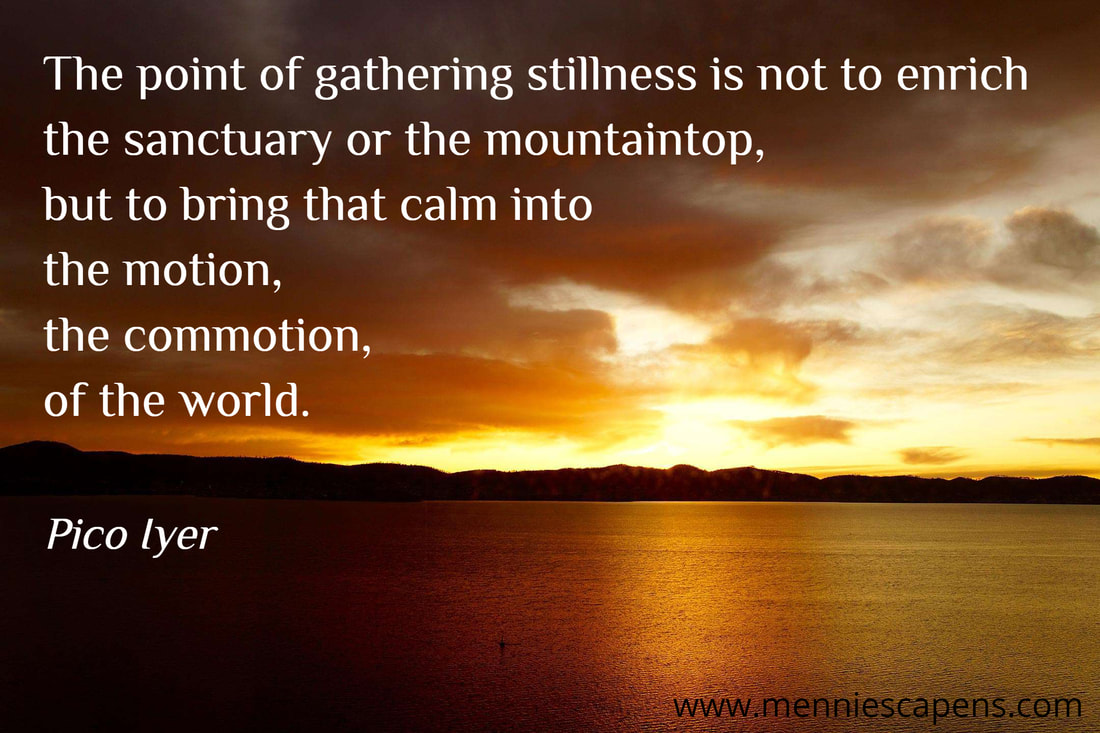
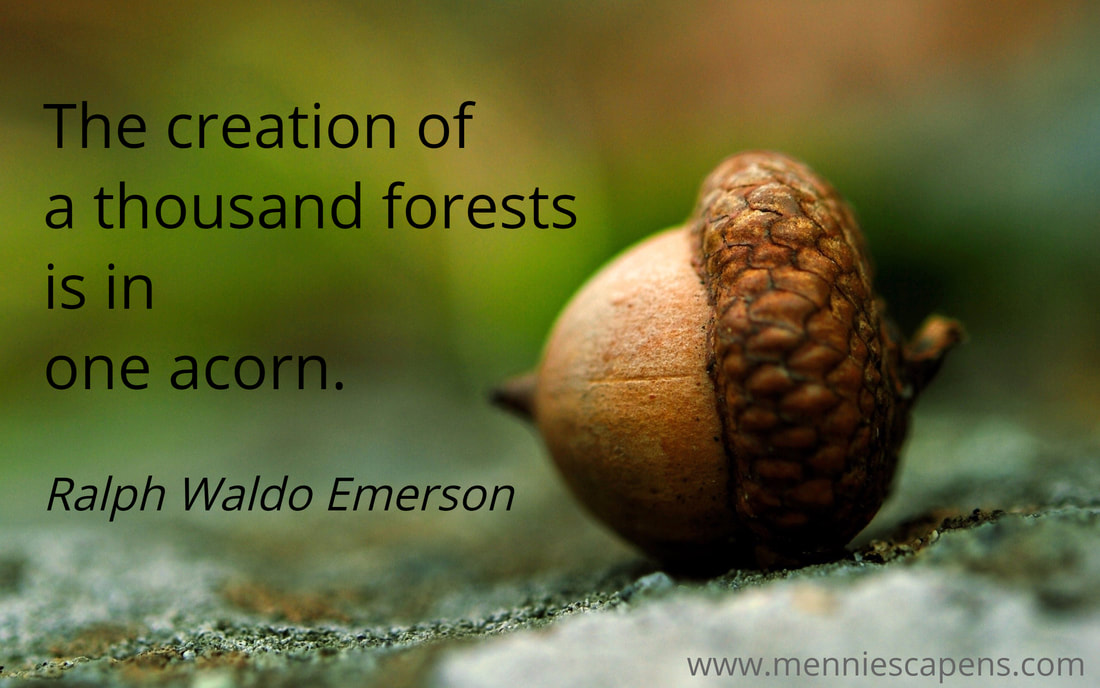
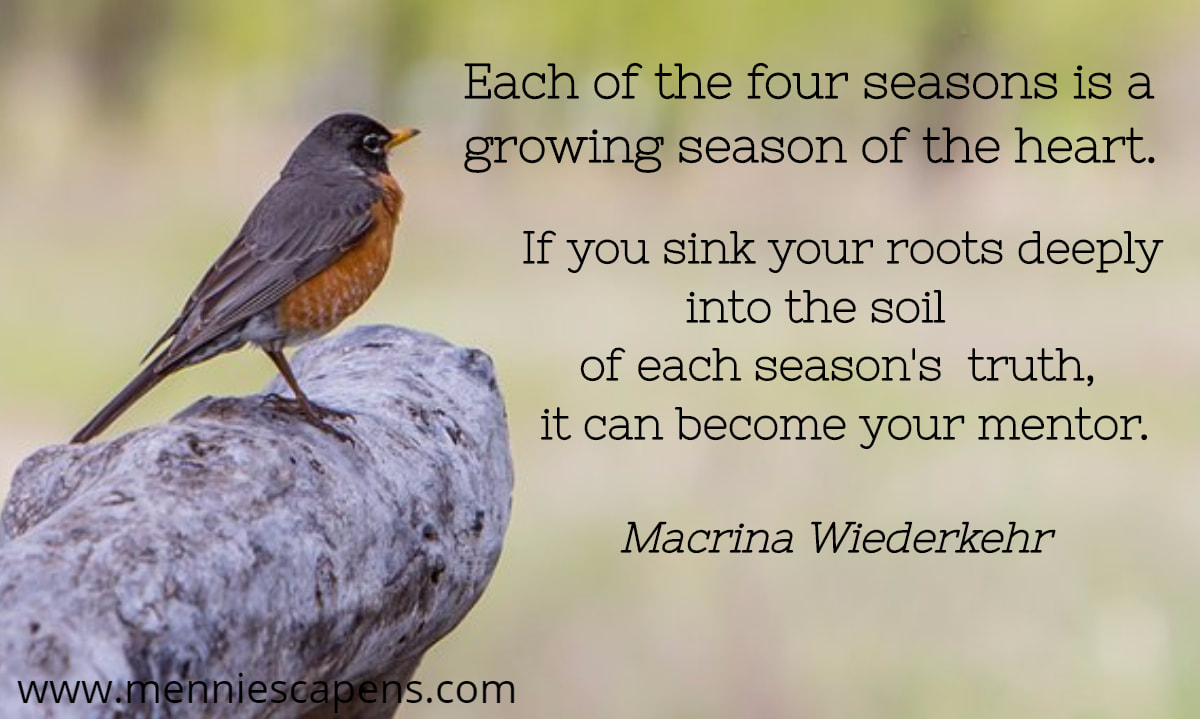
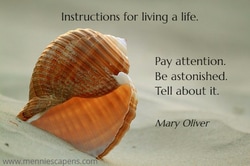
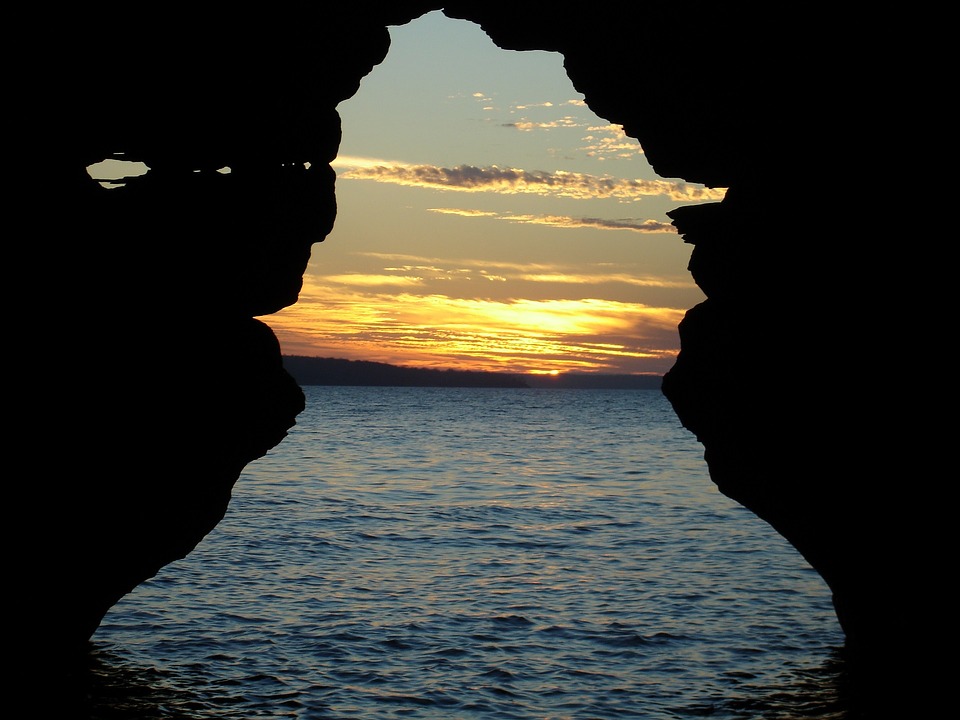
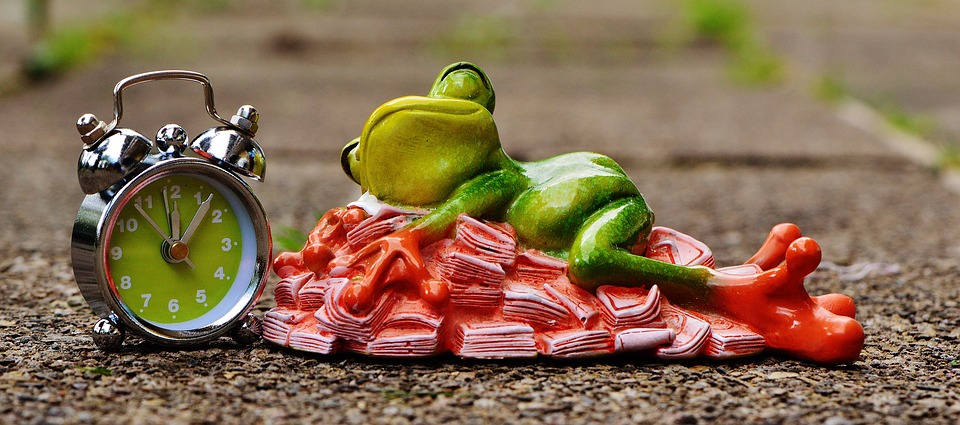
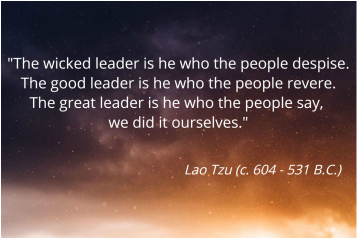
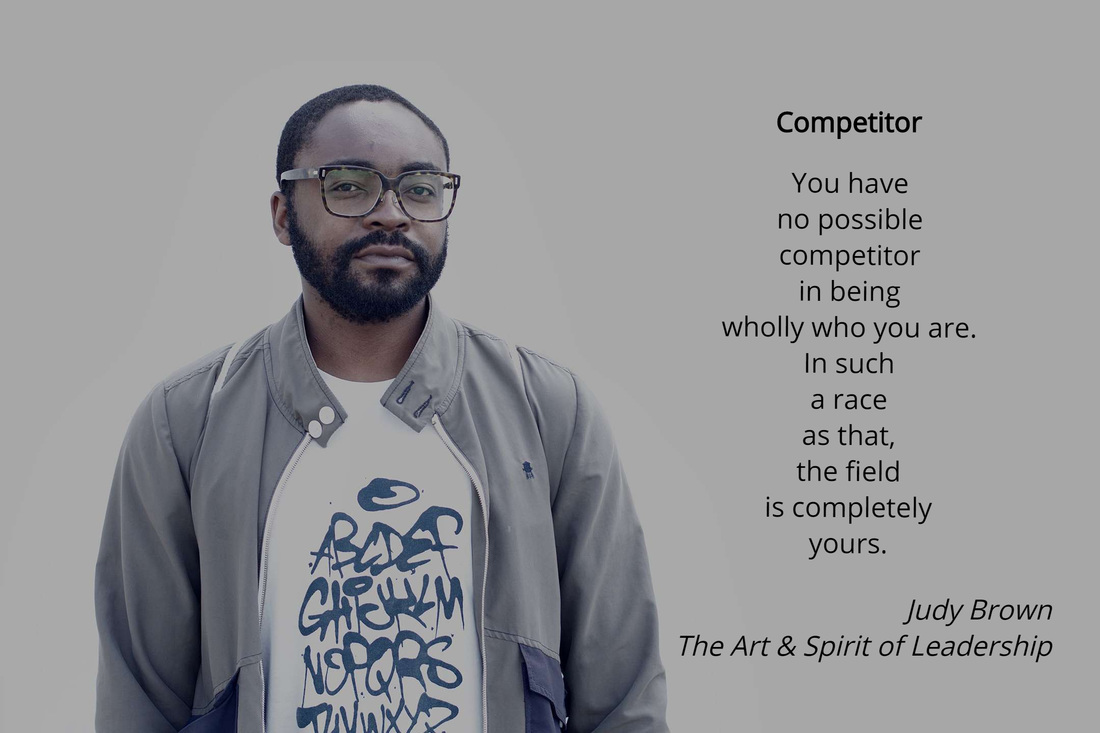
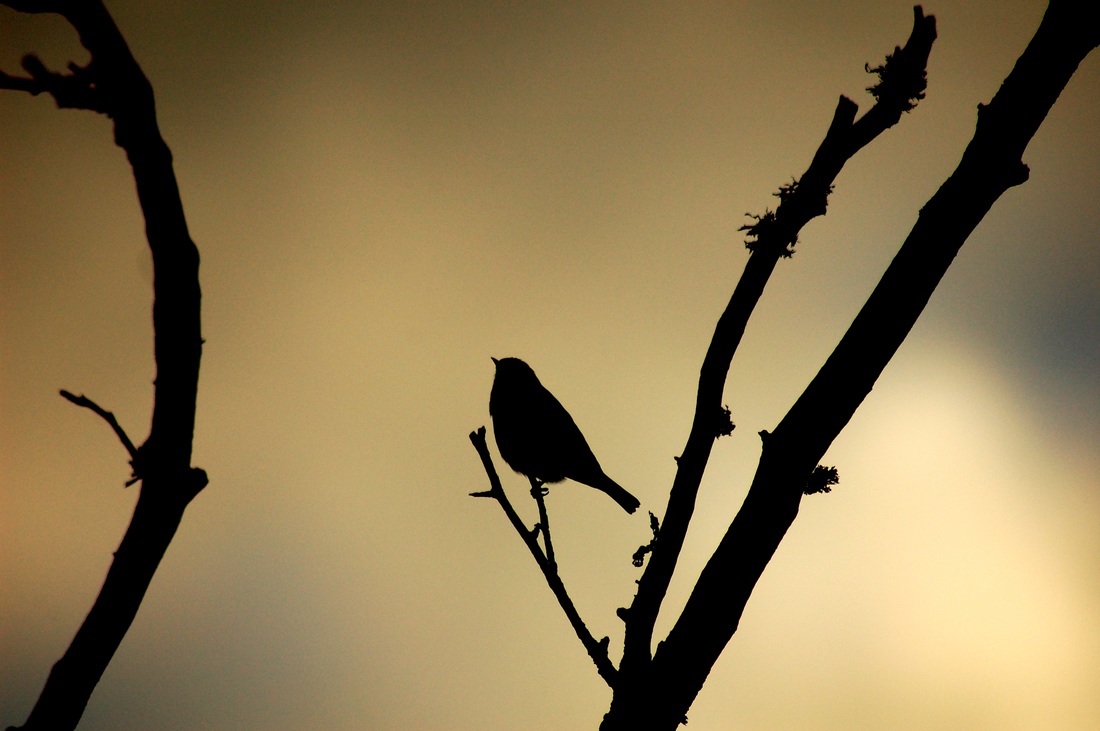
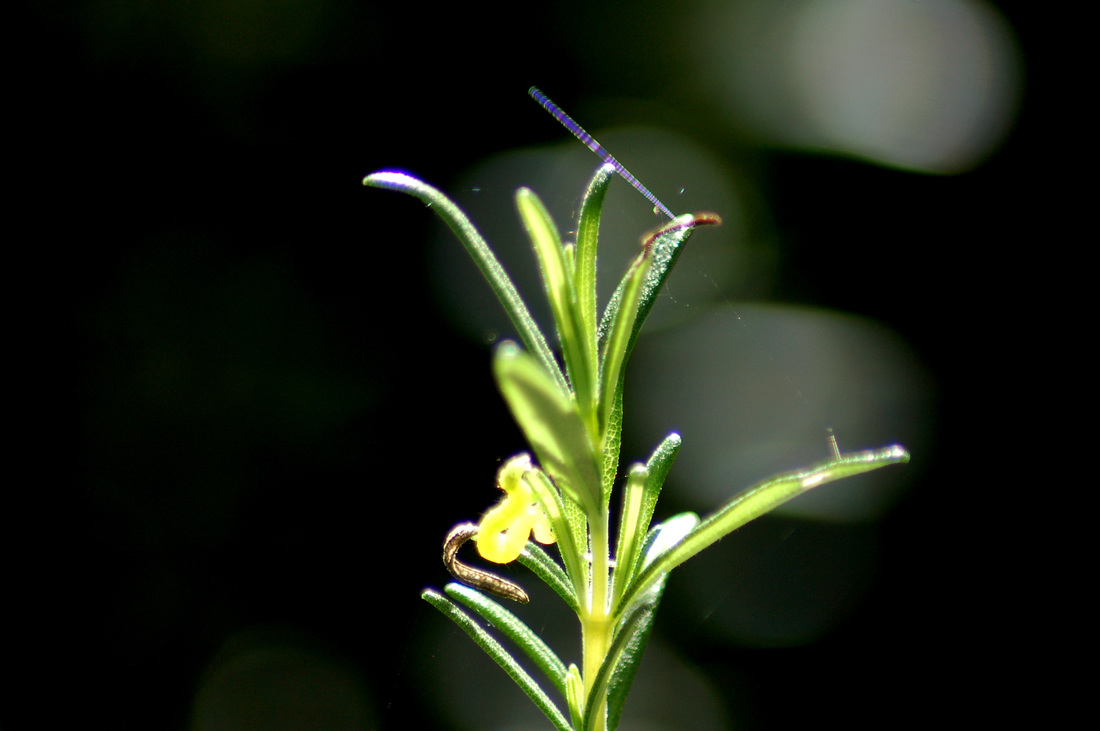
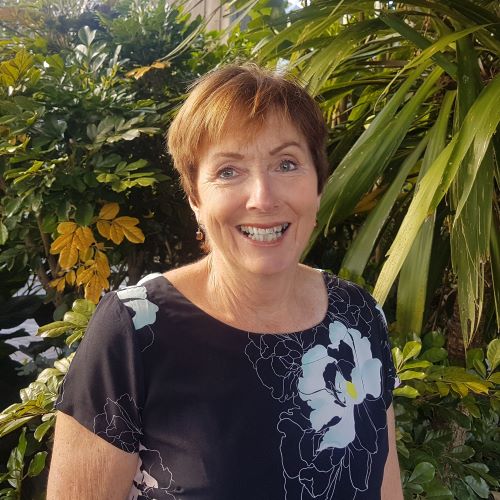
 RSS Feed
RSS Feed